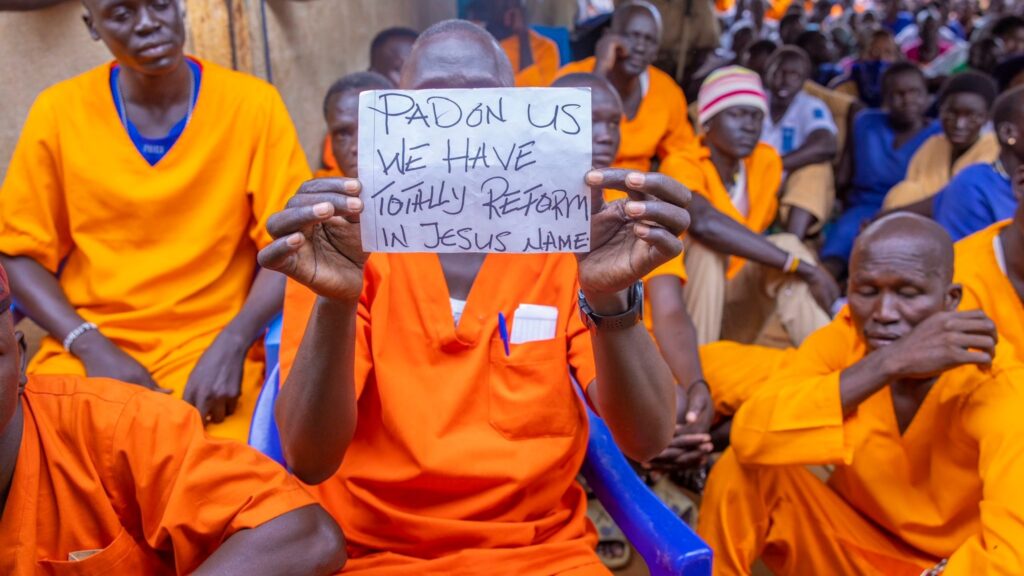
JUBA – South Sudan’s prison service is facing a growing crisis, with more than 50 individuals suffering from mental illness currently being held without access to proper treatment or adequate facilities.
Maj. Gen. Anthony Oliver Legge, the Director of Public Relations and Spokesperson for the South Sudan National Prison Service, has warned that the lack of mental health support in prisons poses serious risks to both inmates and the broader prison environment.
He revealed the figures during the launch of the National Mental Health and Psychological Support Strategic Plan, describing the situation as alarming and in urgent need of government attention.
He stated that the launch of the mental health strategic plan marks a significant milestone for all of us, especially for prison inmates who will benefit from improved mental health and medical services through this strategic plan.
“Imagine having not less than 50 mentally ill persons in prisons and other unidentified places, living without proper coordination, bedding, feeding, or medication,” he said. “This is a huge challenge we can no longer ignore.”
He noted that prison facilities are not equipped to handle people with severe mental conditions; yet many are being housed there due to a lack of specialised centres.
“We have been taking care of mentally ill persons for the safety of families, communities, and public order”
He called for the establishment of specialised mental health facilities and the employment of qualified psychiatric professionals, noting that South Sudan currently has only two psychiatric units nationwide.
“We expect practical actions through this strategic plan—by establishing facilities and employing the required staff,” he said.
South Sudan is grappling with a profound but often invisible mental health crisis. Decades of conflict, displacement, poverty, and food insecurity have inflicted lasting wounds.
Ongoing insecurity and recurrent displacement continue to disrupt essential services, forcing communities to remain on the move and putting health staff and facilities at constant risk.
This situation not only deepens the need for mental health support but also severely undermines the ability to deliver sustained care.
Many people live with anxiety, depression, trauma, and post-traumatic stress; however, services remain woefully inadequate. Access to trained professionals, effective treatments, and community awareness is limited.
The outcome is grim: individuals with mental health disorders often face stigma, neglect, or are treated as criminals, leading to their incarceration. Survivors of sexual and gender-based violence face additional layers of trauma, underscoring the need for integrated mental health, protection, and legal support services.










